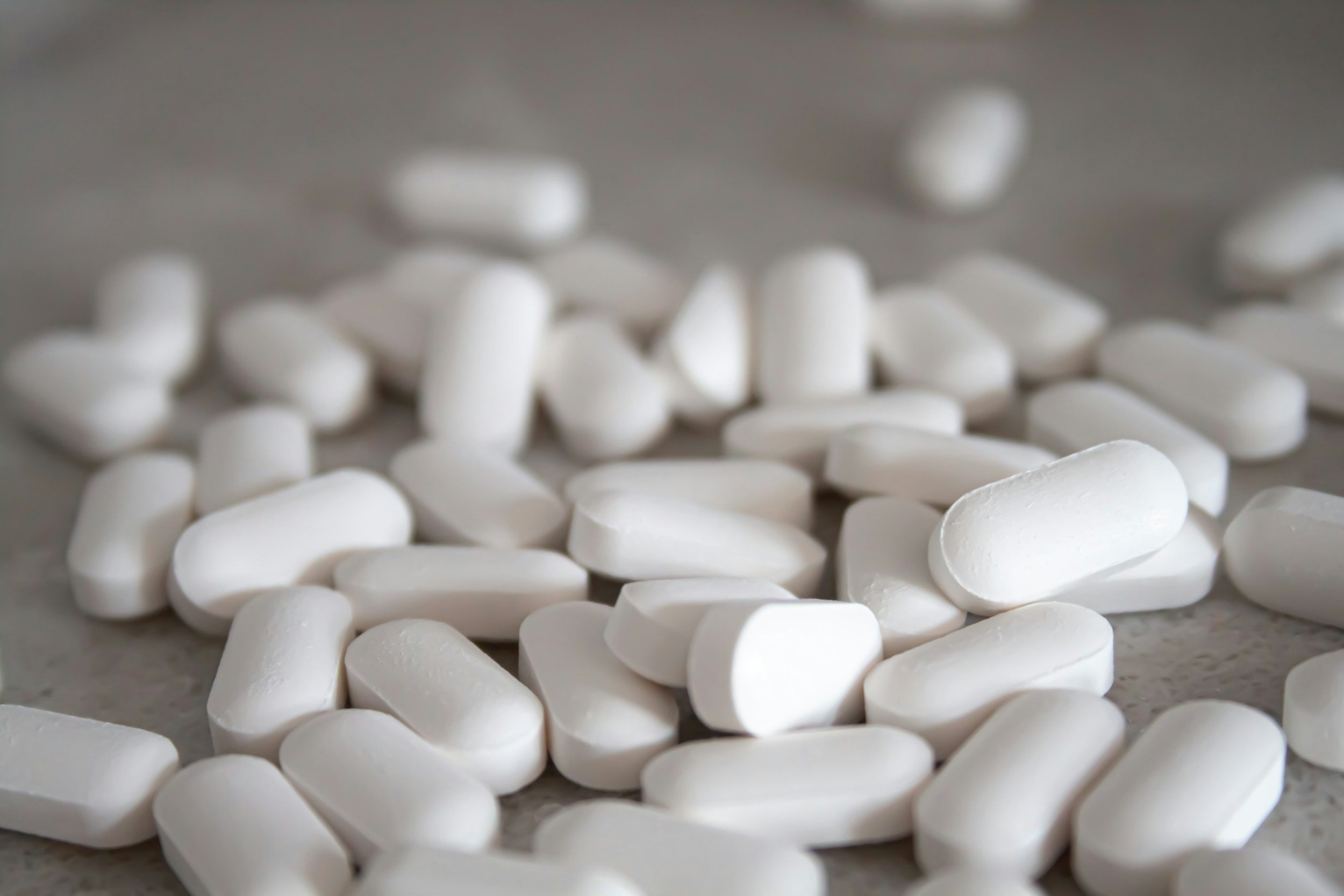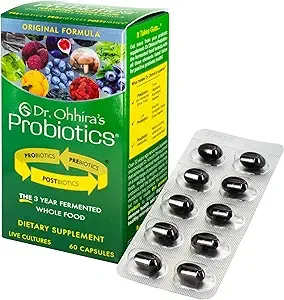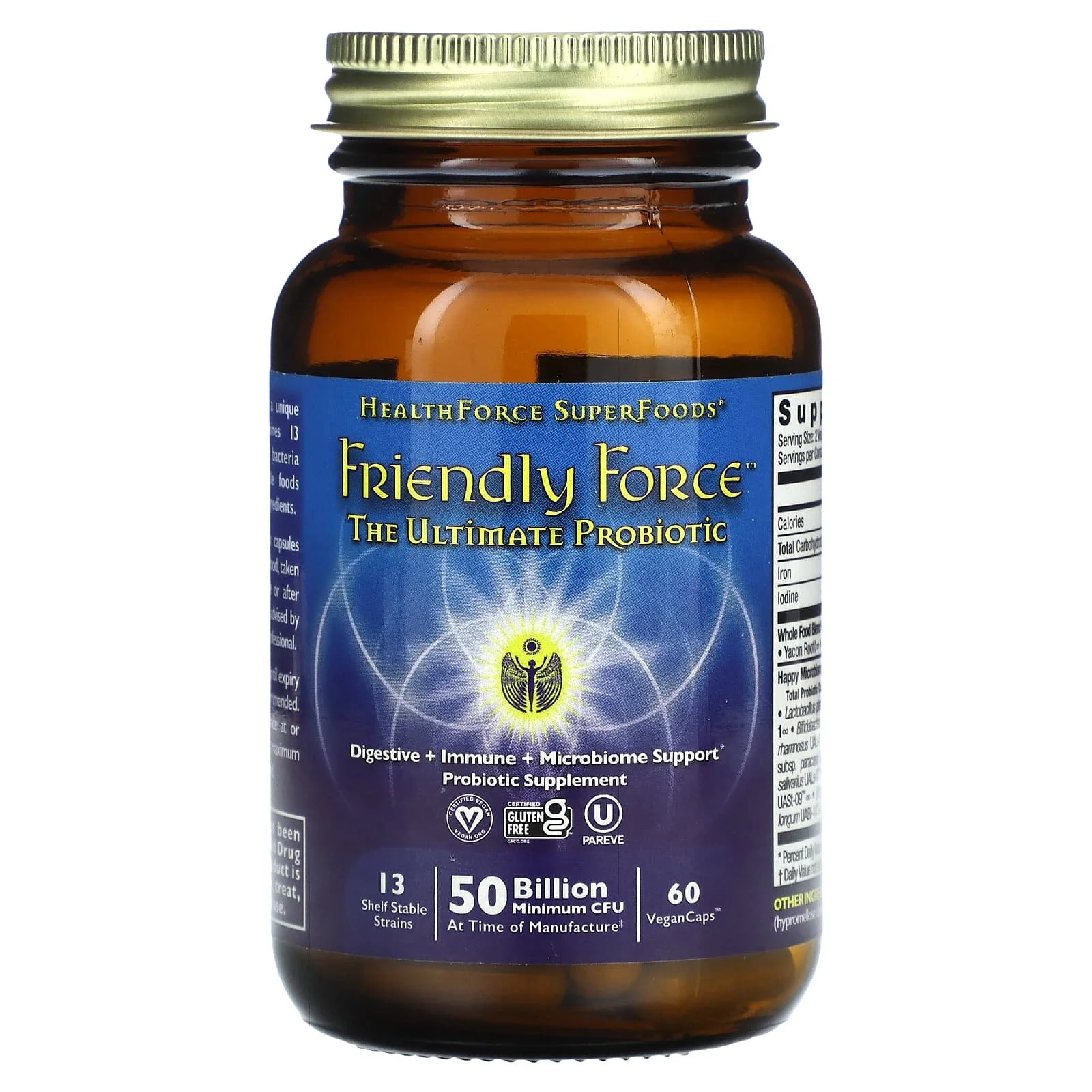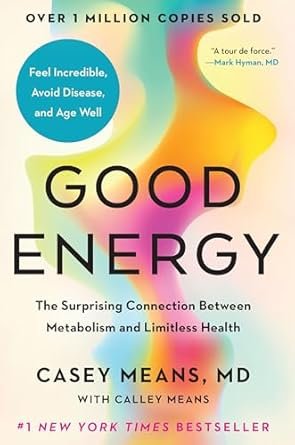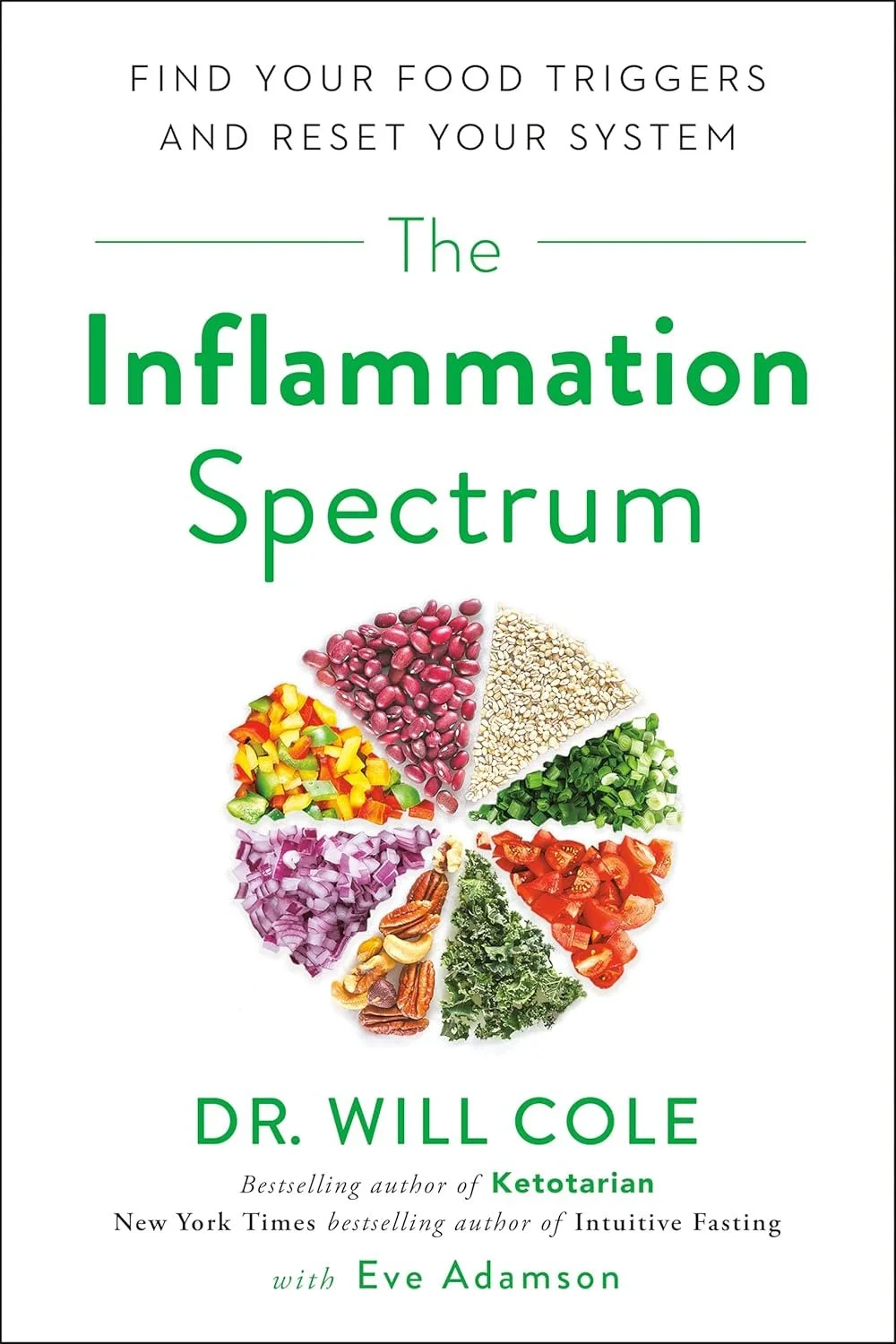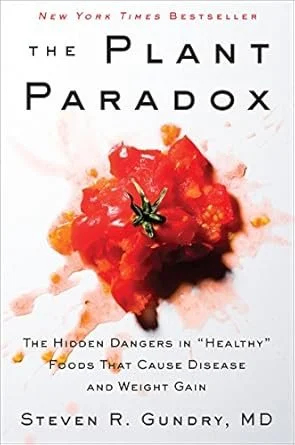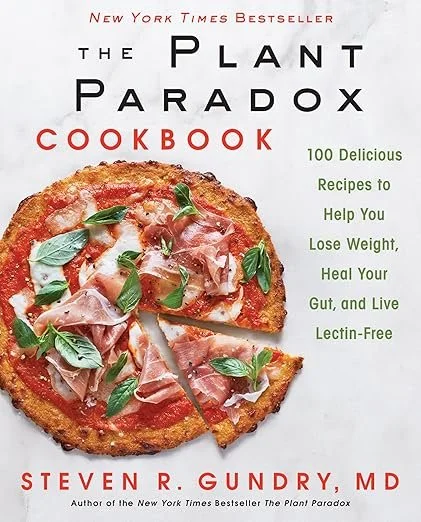
What should I eat?
Which Diet is Right Anyway?
Today, there are many voices about diet and nutrition, and what we should eat and what we shouldn’t. From Carnivore to Vegan to Keto to Paleo, the dizzying amount of books, websites, and YouTube and TikTok videos on the matter can be overwhelming and outright anxiety-inducing. Which one is right?!
The simple answer is all of them, and yet, none of them.
Confusing? Not really.
You are an individual who has a biological makeup completely your own, called bio-individuality. As Dr. Will Cole points out, there’s no one quite like you, and therefore, your body’s needs are uniquely yours.
What that means in terms of diet is that a food that’s good for one person’s body may not be good for yours, and what’s good for your body may not be good for another person. In short, your diet needs to be optimal for you.
There are things that are not good for anyone to eat. The list is short, but almost every “food” found on grocery store shelves in America today contains them. We should avoid eating:
refined/processed sugars and artificial sweetners
refined vegetable and seed oils
refined/ultra-processed grains.
Any chemicals, ie, artificial preservatives, colors, or flavors of any sort (if you can’t pronounce the word, you shouldn’t put it in your mouth!)
So, when you go to reach for that ice cream, remember it has processed sugar, and some brands, a dizzying array of chemicals, including artificial flavors.
Pretzels contain toxic refined seed and vegetable oils and processed flour.
Oreos? Well, not to bash one of America’s favorite cookies, but it contains all of the above in one neat blue package.
A simple rule is that if it comes out of a box or carton, you probably shouldn’t eat it.
Since I’m unique, I think my body likes ice cream, pretzels, and Oreos
After 24 years of watching fad diets and nutritional information come and go, I’ve become convinced there’s only one true dietary path, and it’s rooted in simplicity. Are you ready?
Eat real food straight from Nature. Fresh is best!
A hundred years ago, before packaged food became a thing in America, people ate meat, vegetables, and fruits that were fresh, in season, and grown locally. There are still plenty of cultures around the world eating this way . . . and they have less health issues.
Returning to a simple way of eating, and not looking for the quick, easy meal that can be tossed in the microwave and ready in 5 minutes, is the first step to vital living.
What’s safe to eat then?
Because it matters how our meat, vegetables, and fruit are raised/grown, they should be organic, and if possible, local and in season.
Equally important, we need to slow down and think about what we’re eating and take time to enjoy preparing and eating our food. Eating on the go and rushing through a meal affects our digestion in negative ways. We need to be relaxed in order to digest properly.
A good way to start doing this is to share your meals with friends or loved ones who bring a positive atmosphere to the table. The emotional charge gained from sharing a meal has wonderful effects on digestion and our wellbeing as a whole.
The Dietary Caveat
Now, to circle back to your unique dietary needs for optimal health, not every meat, fruit, and vegetable will be optimal for you. This is your bio-individuality at work. For example, for many people, nightshade vegetables — tomatoes, peppers, and potatoes — can cause a negative reaction in the body, even though they’re fresh, organic, and locally grown. In the words of Dr. Will Cole, “One person’s medicine is another person’s food problem.” What a “food problem” generates is inflammation in the gut.
Inflammation at the Root
Today, there’s an epidemic of diseases and health issues whose root cause can be traced to chronic, systemic inflammation. Thus, the use of anti-inflammatory drugs has increased, along with the herbal alternatives, such as Turmeric.
Unfortunately, it seems few in the medical establishment have stopped to ask the question: what’s the root cause of the inflammation?
The answer can be found in the root organ system in the human body — the digestive system.
The digestive system if the foundation or root of the entire body. The foundation of our health is built on the proper digestion, absorption, distribution, and elimination of nutrients and waste products. The body’s ability to form and regenerate tissues and cells is based on the digestion and assimilation of food.
Quick Facts
The digestive system isn’t just the digestive system — recent studies show it also plays a part in the immune and nervous systems.
80% of the body’s lymphatic tissue (the major tissue of the immune system) is found in the digestive system.
The digestive system contains a large complex of nerve tissue. More of the neurotransmitter serotonin is produced in the gut than in the brain.
Leaky Gut Syndrome
Today, one of the major and most common causes of inflammation in the digestive tract is Leaky Gut Syndrome
What is it?
Leaky Gut is the weakening of the integrity of the gut wall, which allows particles that normally could not cross the gut barrier to cross, triggering an immune response and inflammation.
Common Causes:
Non-steroidal Anti-inflammatory Drugs (NSAIDs) — Ibuprofen, Aleve, Aspirin — which inhibit the regeneration of the gut lining.
Damage to the gut flora (our good bacteria) from anti-biotic use or misuse of certain anti-biotic herbs (Oregano oil, Goldenseal, etc)
Malnutrition leading to poor regeneration of the gut wall.
Damage to the intestinal wall because of improper food combining and/or excessive lectin-containing foods (grains, beans, nightshades).
Chronic intestinal inflammation caused by reactions to food intolerances.
Functional medical doctors and naturopaths have zeroed in on food intolerances as a major cause of leaky gut and many other chronic health conditions. Food intolerances can create a broad spectrum of symptoms from mild digestive upset to serious degenerative and autoimmune diseases:
Chronic upper GI (GERD)
Poor appetite, chronic nausea
Chronic digestive bloating
Chronic constipation
Chronic diarrhea
Chronic lower bowel (ulcerative colitis, Crohn’s disease)
Irritable bowel syndrome
Connective tissue autoimmunity
Systemic lupus
Fibromyalgia
Chronic upper respiratory infections (sinus, sore throat, bronchitis)
Chronic inhalant allergies/asthma
Cervical dysplasia
Chronic musculoskeletal pain
Vague neurological complaints
Chronic insomnia
Chronic anxiety/panic disorder
Chronic depression
The good news is, if you’re suffering from any one or more of the above symptoms or diseases, there’s hope. An elimination diet can reveal which foods your body cannot tolerate, so those foods can be eliminated from your diet.
What’s the difference between a food allergy, intolerance, and sensitivity?
Food Intolerances/Sensitivities
Intolerance
Usually occurs when the body is irritated by a certain food, or if it has trouble digesting it.
Sensitivity
More like a food allergy, as it triggers the immune system, but with a more delayed response. The body can tolerate small amounts of a particular food, but eating too much of it or eating it too frequently can cause a reaction.
Some symptoms of intolerances and sensitivities are: bloating, migraines, brain fog, anxiety and depression, fatigue, IBS, itching, rashes, runny nose, stomachaches
Food Allergies
A food allergy triggers the immune system and immune response. The effects are usually felt immediately, and sometimes, severely. Symptoms include:
Rashes
Itching
Hives
Swelling
Anaphylaxis - the swelling and closing of the airway that can be fatal if not treated immediately.
Lectin: Driver of Gut Inflammation
Almost everyone, at some point in their life, has taken antibiotics. They were hailed as a triumph over infectious diseases in the 20th century. It hasn’t been until recently that their dark side has been manifested. Antibiotics are indiscriminate in killing the bacteria in our body — they kill not only the bad bacteria we don’t want, but the good bacteria we need. Over time or in a large enough dose, the loss of protective good bacteria (intestinal flora) becomes damaging to the intestinal walls. Thus, this “antibiotic trauma” is another leading cause of leaky gut.
The good news is that the intestinal flora lost to antibiotics can be restored by:
Taking a high-quality probiotic and eating fermented foods, such as kefir, sauerkraut, and kimchi, to increase good bacteria in the gut.
Incorporate prebiotic foods into your diet, such as bananas, onions, and garlic. Your gut flora loves to feed on prebiotics!
Antibiotic Trauma
Quality Probiotics
With an overwhelming amount of probiotics on the market, how do we begin to know which one is best? I’ve learn the unfortunate truth that with probiotics, you get what you pay for. If you want a good product, you’re going to spend at least $40 a bottle. Here are three brands I’ve found to be effective.
Dr. Ohhira's Probiotics contain 13 probiotic strains plus prebiotics from whole foods. Post-biotic nutrients were produced over a three-year fermentation process.
Friendly Force combines 13 diverse, beneficial, premium quality probiotic bacteria and prebiotic ingredients.
Codeage Akkermansia features a unique combination of Akkermansia muciniphila and chicory inulin, providing both probiotic and prebiotic components in one convenient capsule.

. . . so where do I go from here?
Dive in Deeper!
If you wish to do an elimination diet or want to dive deeper into understanding how you can heal chronic illness with your diet, these two books are essential in reversing chronic inflammation and disease.
Good Energy
What if depression, anxiety, infertility, insomnia, heart disease, Type 2 diabetes, dementia, cancer, and other chronic health conditions actually have the same root cause? Our ability to prevent and reverse these conditions - and feel incredible today - is under our control and simpler than we think. Dr. Means takes us on a journey to help us understand how our metabolism works and how we can get it back on track with a healthy diet and lifestyle. Includes recipes to help you to transition your diet to create “good energy” in the body.
Inflammatin Spectrum
Dr. Will Cole's game-changing book reveals how inflammation is at the core of most common health woes. How you feel is being influenced by every meal. Every food you eat is either feeding inflammation or fighting it. This book will help you find where inflammation is located in your body and provide a step-by-step guide to reversing it through an elimination diet. Includes simple weekly meal plans to help begin your road to stamping out systemic inflammation.
The Plant Paradox: The Hidden Dangers in "Healthy" Foods That Cause Disease and Weight Gain
Renowned cardiologist Dr. Steven Gundry reveals that the lectin found in many fruits, vegetables, nuts, beans, and conventional dairy products is many times the culprit of digestive woes, including leaky gut. The Plant Paradox offers a full list of lectin-containing foods and simple substitutes for each and a step-by-step eating plan with delicious lectin-free recipes
The Plant Paradox Cookbook
In The Plant Paradox Cookbook, Dr. Gundry breaks down lectin-free eating step by step and shares one hundred of his favorite healthy recipes. He shows readers how to overhaul their pantries and shopping lists to make delicious, simple, seasonal, lectin-free meals, including smoothies, breakfasts, main meals, snacks, and desserts. It really can be delicious eating lectin-free!









